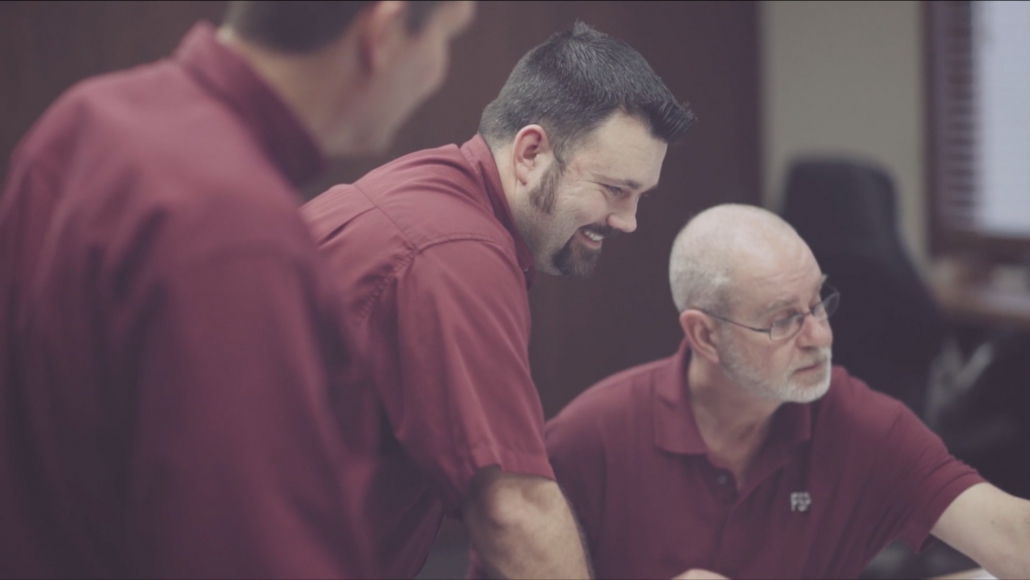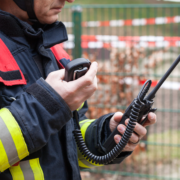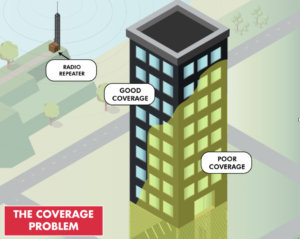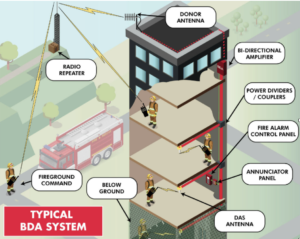6 Smart New Year’s Resolutions for Small Business Owners
6 Smart New Year’s Resolutions for Small Business Owners

The start of a new year is a good time to reflect on how the past year went for your small business, both the wins and the losses. A thorough, honest review can help you plan for growth and success over the next 12 months.
Here are six New Year’s resolutions that can protect your business and help it thrive – regardless of what the new year brings.
1. Employ strong cybersecurity practices.
Data breaches and other cybercrimes are becoming increasingly common and costly. Here are some ways you can protect your business in the coming year:
- Install antivirus software and antispyware on all company devices, and always download the latest updates
- Train employees in cybersecurity principles
- Change passwords regularly and don’t make them obvious
- Back up your business data to an off-site location or cloud storage
- Secure your Wi-Fi networks
- Develop a cyber risk management plan
2. Develop a disaster plan. 
Planning ahead for a disaster can mean the difference between staying in business and losing everything. And it’s one of the easiest ways to help ensure your business survives and recovers.
Sit down and really think about the kinds of disasters that are most likely to affect your business, whether it’s hurricanes, cyber threats, wildfires, earthquakes, tornadoes, labor strikes, or something else. Then, work through each scenario and figure out how you can minimize the potential damage – including transferring the risk via smart insurance strategies.
Before disaster strikes, review your insurance policy with your insurance professional. They can explain your deductibles, your coverage limits, and what you are and aren’t protected against.
3. Shield you and your business from mistakes.
In today’s litigious society, no one is safe from lawsuits. What you think is a simple mistake can be deemed a “wrongful act” and result in a lawsuit. A directors and officers liability (D&O) policy specifically provide coverage for a “wrongful act,” such as an actual or alleged error, misleading statement, neglect, or breach of duty.
Errors and omissions insurance (E&O) is another policy that can fill a gap in your commercial general liability policy. It provides coverage for service errors, contract performance disputes, and other professional liability issues.
4. Learn something new.
As a small business owner who wants to remain competitive, you need to continually expand your skillset and keep up with the latest tools, techniques, and technologies. This helps to enhance innovation and promote operational efficiency.
Seek out professional development opportunities online and in your community. Also, make sure a culture of continuous learning is encouraged at your business and passed along to all employees.
5. Give back.
Incorporate charitable giving into your business plan. It provides a sense of fulfillment and can also help promote your brand. You can give back in one of two ways: your time or your money. 
Giving back shows you understand how your business fits into the broader community and highlights a commitment to improving that community for everyone. Consumers would much rather support a business that cares about the well-being of the local community than a company that simply offers services or products.
6. Schedule Inspections.
Start the new year off on the right foot, be sure to include inspections as part of your new year to be sure all of your operations in business are safe & functioning properly. Contact Fire Systems Professionals for our complete inspection services.
Be proactive
As your business’s needs change, so should your insurance.
As you ring in the new year, carve out some time to weigh the risks you and your business face if the unexpected happens. Then, be proactive and contact your trusted professionals at FSP to review your operation practices & safety plans.






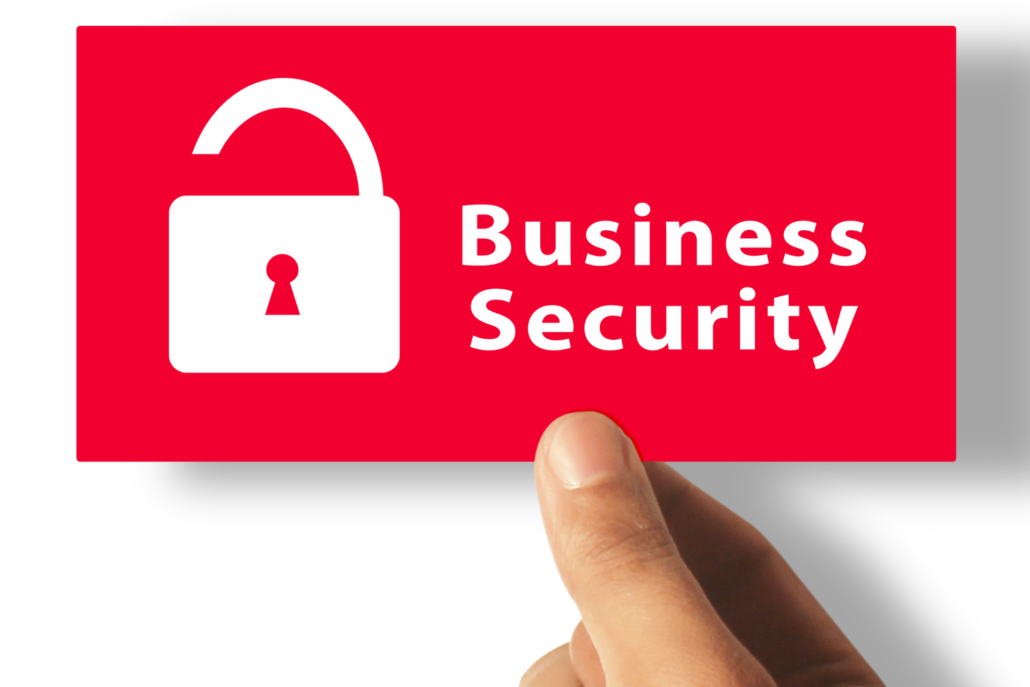 Improve Your Businesses Security
Improve Your Businesses Security